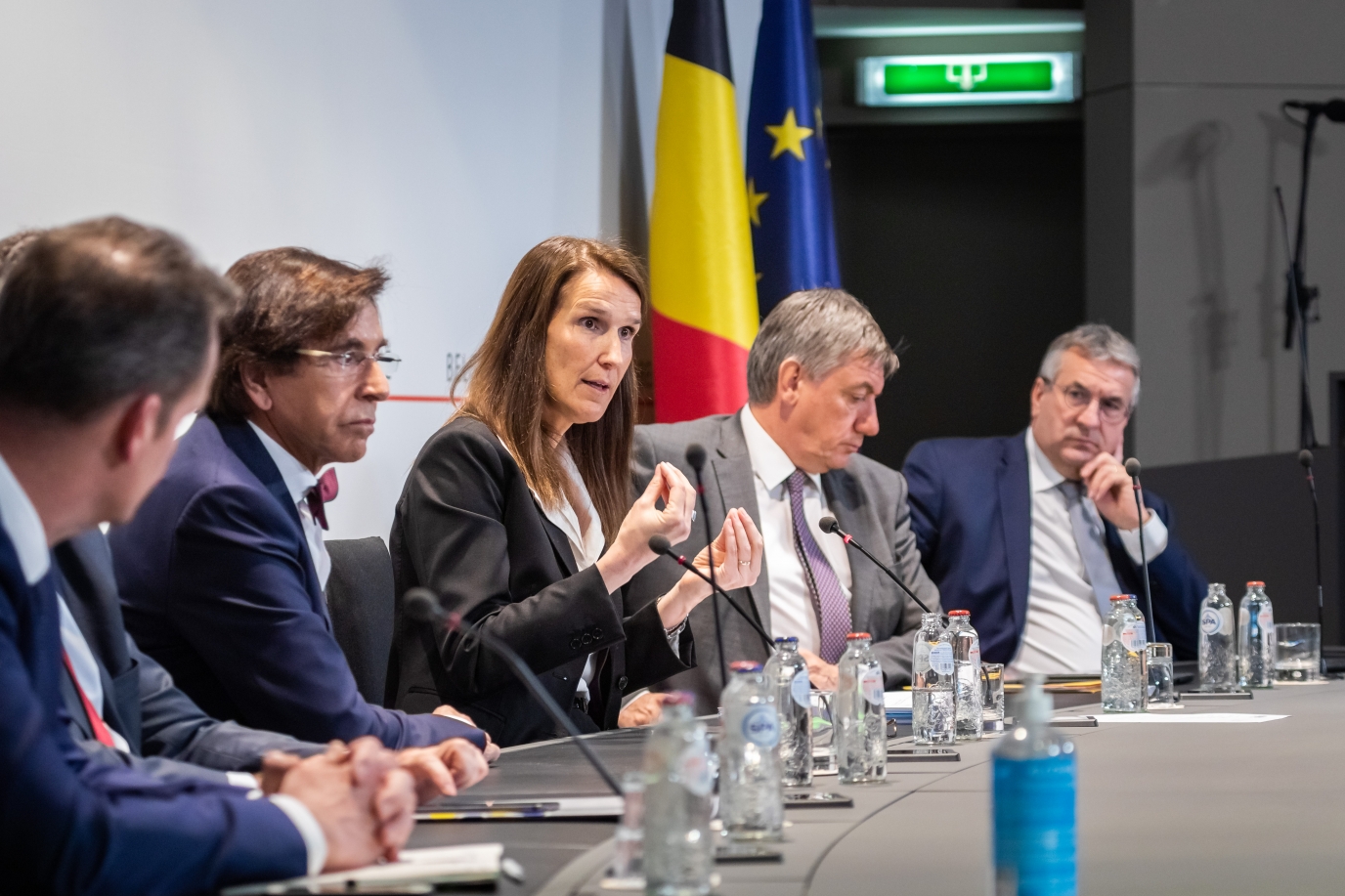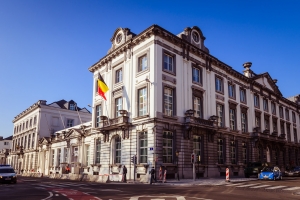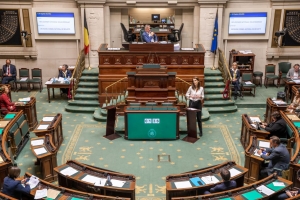Coronavirus: measures extended until 3 May with some flexibility added, but basic instructions remain unchanged – lockdown rules to be eased gradually
At its meeting this Wednesday, 15 April, the National Security Council took several decisions, which, as always, were based on the opinions of scientific experts.
One such decision, taken in consultation with the minister-presidents, was to extend the current lockdown measures until 3 May inclusive.
To make this extension more bearable, we also decided that:
- DIY stores and garden centres will be allowed to reopen, under the same conditions as food stores. In other words, social distancing rules will apply.
- We are also allowing residents of residential facilities – for example, nursing homes, care homes and facilities for the disabled – to be visited by a designated relative or close friend, provided this person in question has shown no symptoms of the disease for two weeks. This designated individual must always be the same person. The residential facilities will be responsible for organising visits. These rules will also apply to people who live alone and who are unable to leave their home.
The basic rules will remain unchanged until 3 May and must be followed. The police will continue to enforce compliance.
Another meeting of the National Security Council will be held next week with a view to more precisely defining the next stage in easing the lockdown measures. Our aim is to be able to make arrangements for the gradual relaxation of these measures by early May. This will be an iterative process and will be based, as always, on the work of scientists.
Our strategy will be based on multiple pillars, i.e. social distancing, large-scale screening and tracking, and the development of new rules that will apply in the workplace.
Clearly, wearing a mask – even a comfort mask – will also play an important role in the lockdown exit strategy. An initial report, submitted to us by scientists and federal and regional health representatives, states that when the confinement measures are gradually lifted, cloth masks will be recommended for any situation where social distancing cannot be enforced. This will require a collective effort, including the start-up of a national mask production industry. However, masks are no substitute for the prevailing hygiene measures and social distancing.
In the short term, the National Security Council will decide on the analyses and proposals of the group in charge of the exit strategy, specifically on the appropriate timing and the conditions for the gradual reopening of shops and, ultimately, cafés, restaurants and bars, and on the situation of schools, holiday camps and youth organisations and regarding travel. It has already been decided that no mass events, such as festivals, can be held before 31 August inclusive.
Regarding the business community, the current rules will remain in effect until protocols can be approved for each sector and industry. The purpose of the protocols is to allow businesses to resume their normal activities as quickly as possible while ensuring appropriate working conditions for their employees; these conditions will have to be adjusted in line with the circumstances. Where possible, employees should continue teleworking for some time yet.



